Prosthodontics Treatment
Book your consultation today
Prosthodontics Treatment
Book your consultation today
Prosthodontics
At Angle House, we offer a broad range of prosthodontic treatments including veneers, dental bridges, dentures and dental crowns. If you are suffering from tooth wear or have lost teeth due to an accident, you may like to consider choosing one of our prosthodontic treatment options.
Book your consultation by filling out the form below, or to learn more, choose a section from the adjacent table of contents.
Veneers
What are Veneers?
Veneers are ultrathin, high-strength facings which are bonded to your teeth. They can be made from super-strong ceramics or special composites.
Their primary purpose is to improve the appearance of your teeth, by covering chipped, cracked or discoloured teeth.
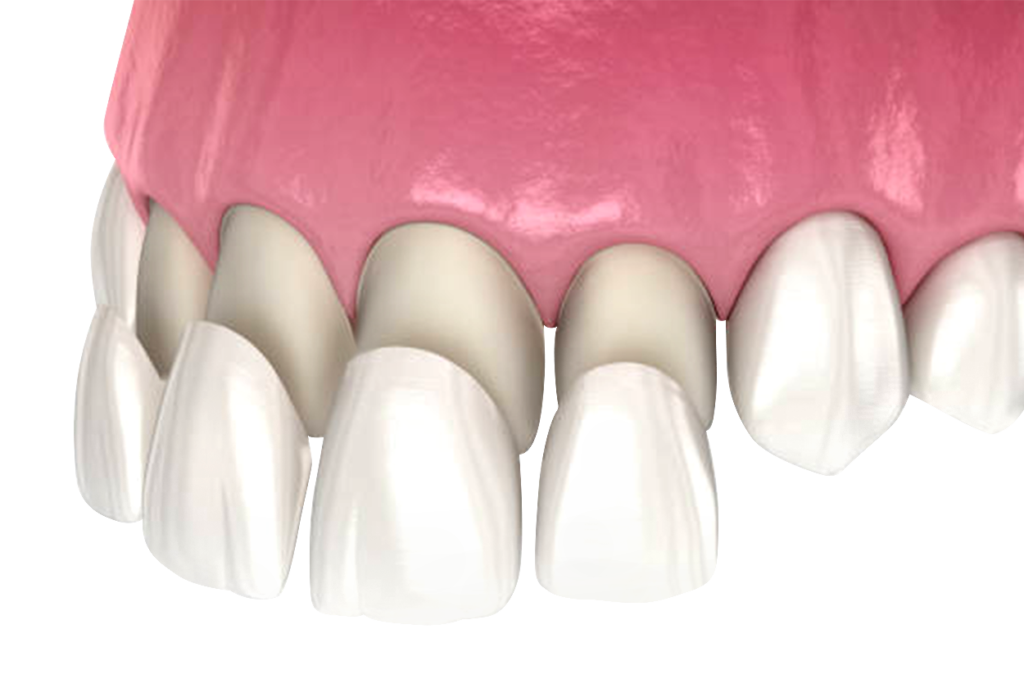

What are the different types of veneers?
• Composite veneers: These veneers are made from a composite resin, a type of tooth-coloured filling material. Composite veneers are directly built up in layers on your teeth and generally require less tooth reduction. They can be repaired in the future if needed.
• Porcelain veneers: These veneers are made from very thin porcelain and mimic the natural reflection of your original teeth.
Composite veneers are a faster procedure and can be replaced as necessary. On the other hand, they are made of porous materials so you will need to take care of your new veneers to keep them in good condition.
Our friendly and experienced team will be able to advise the best treatment for your case.



What happens during treatment?
To begin with, we will assess your case to determine whether veneers are the best treatment for you.
Next, we usually need to file off the top-most layer of your teeth. This is to prepare the surface for the veneers to bond securely to.
Once we have removed the first layer, we take impressions using our state-of-the-art 3D scanners. These impressions will be used to make your bespoke veneers.
Finally, when we have produced your custom veneers, we will bond them to the front of your teeth with a special, durable adhesive.
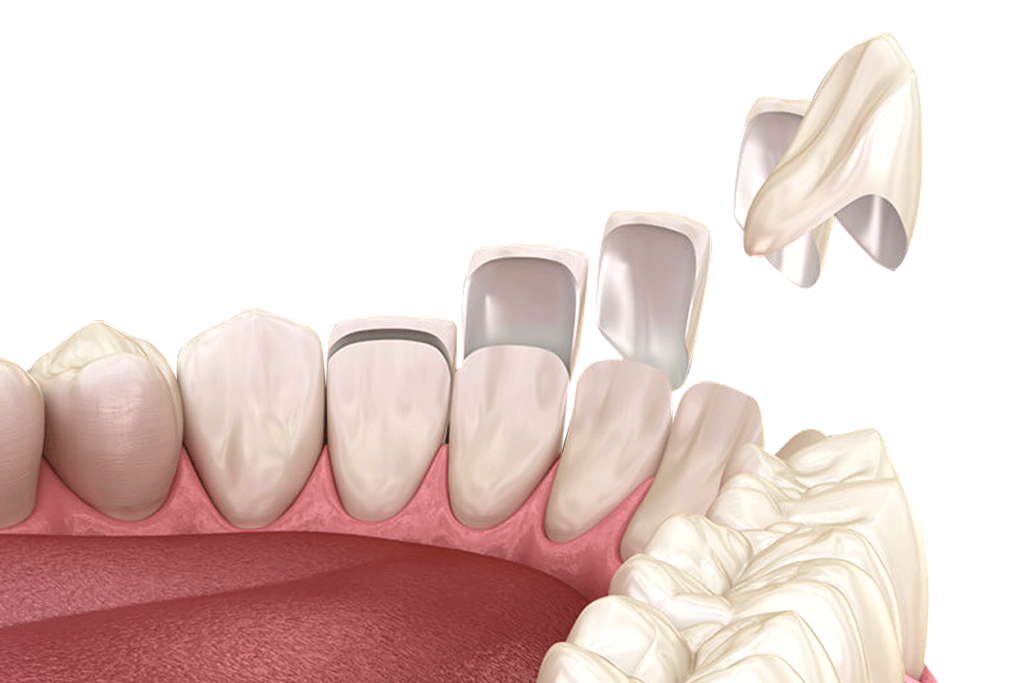





If you would like to talk to us about veneers, book your initial consultation now.
Dental Bridges
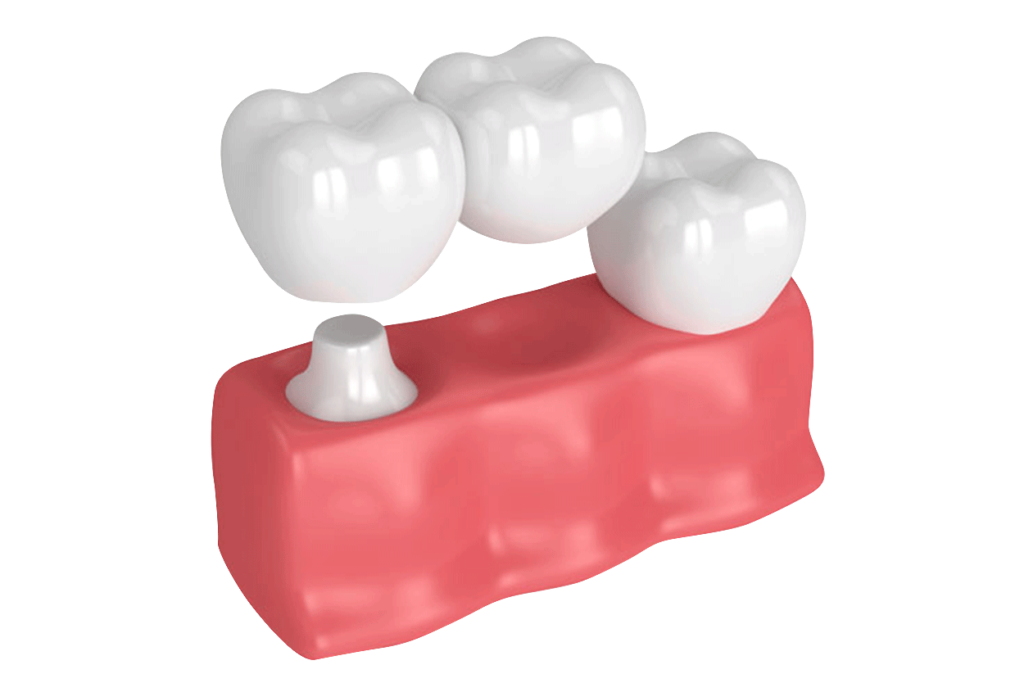

What is a dental bridge?
A dental bridge is a replacement tooth that is supported by the adjacent teeth or implants, forming a bridge. Dental bridges are designed to fill gaps left by missing teeth.
When supported by a tooth, the bridge is bonded in place using a special adhesive. This does not usually require any reshaping of the supporting tooth and can last many years. Tooth-supported bridges are best suited to small gaps, when just one or two teeth require replacement.
Dental implants are another solution for a large range of scenarios, from replacing just one missing tooth or an entire jaw of teeth.
If you have one or more missing teeth, a dental bridge could be the best treatment for you. Book your first consultation and our specialist team will be able to offer you expert advice.
What are the different types of dental bridges?
There are four types of dental bridges:
• Traditional dental bridges: A replica tooth is held in place of the missing tooth and fixed on either side by dental crowns. As traditional bridges involve cutting of the adjacent teeth, they are rarely recommended nowadays.
• Implant-supported braces: This type of bridge is a more suitable option if you have more than one tooth missing, as they are held in place with dental implants.
• Cantilever bridges: These bridges work in much the same way as traditional dental bridges do, but rather than being held in place by teeth on either side of the gap, cantilever bridges only require one support.
• Adhesive bridges: Sometimes referred to as ‘Maryland bridges’, adhesive bridges require metal or porcelain structures to hold your artificial tooth in place. This makes them more noticeable but these bridges don’t require the surrounding teeth to be treated.
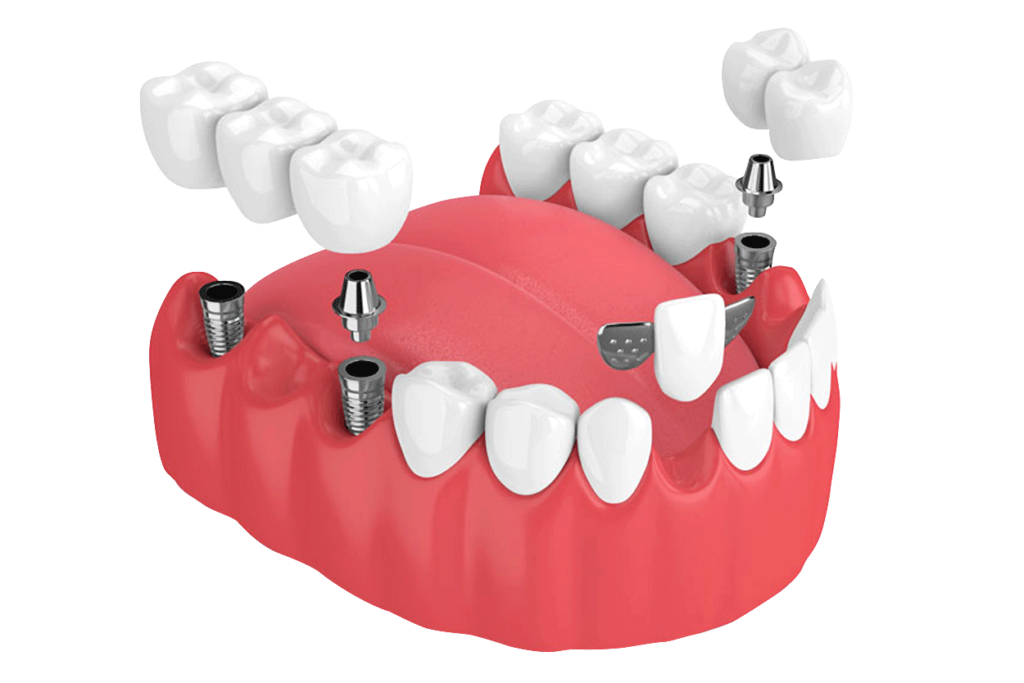





If you would like to talk to us about dental bridges, book your initial consultation now.
Tooth Wear
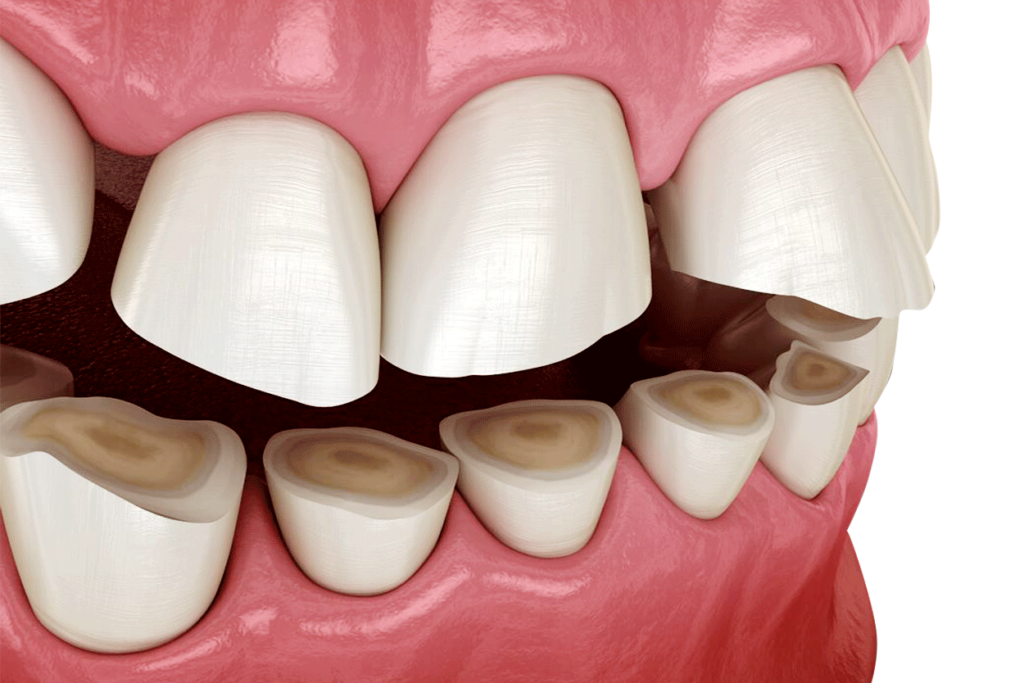

Am I suffering from tooth wear?
When your teeth begin to wear, increased tooth sensitivity is often the first sign. The appearance of your teeth can also start to look rough or chipped.
It’s important to act quickly once you begin to notice these symptoms as teeth can drastically change in shape and appearance if left untreated.
What causes my teeth to wear?
In most cases, the main contributors to tooth wear are acidity and long term wear and tear.
Acidity can be attributed to your diet (e.g. juices, energy drinks and soft drinks), reflux and/or dehydration.
Physical wear and tear is usually caused by clenching, grinding or eating hard foods. Ironically, brushing your teeth too aggressively, or with a brush that is too hard for your teeth, can also cause excessive tooth wear.






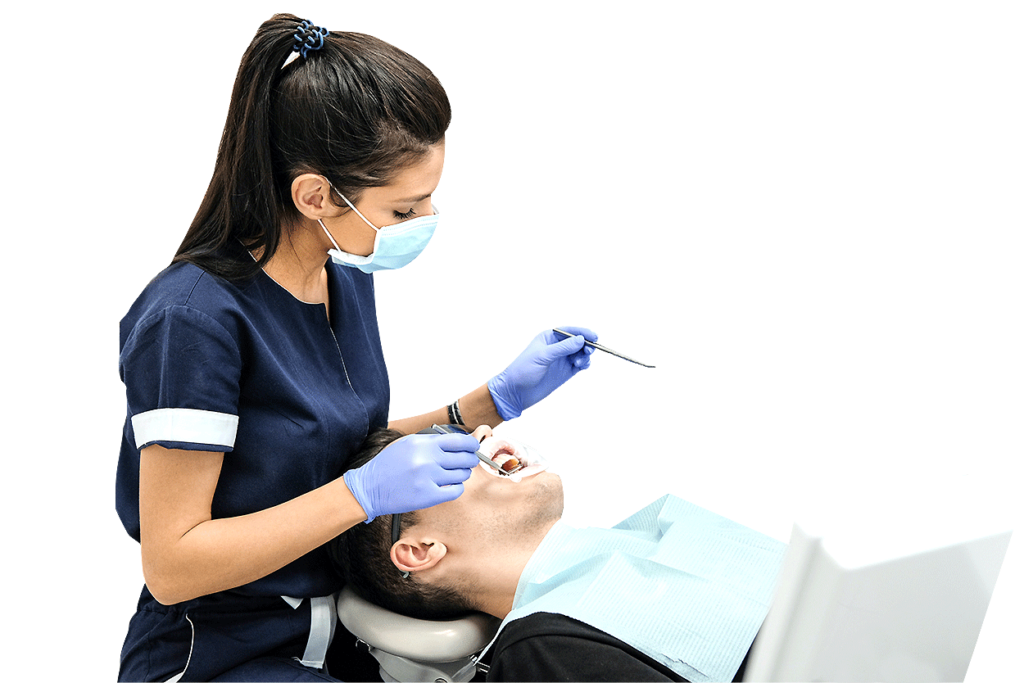


How can we treat tooth wear?
Treatment options vary widely according to how worn your teeth are. When you visit us, we will thoroughly inspect the condition of your teeth and assess the best options for you.
Some treatment options include white bonded fillings, porcelain veneers or crowns. We will be able to advise the best treatment for your individual case.
In most cases, the main contributors to tooth wear are acidity and long term wear and tear.
Acidity can be attributed to your diet (e.g. juices, energy drinks and soft drinks), reflux and/or dehydration.
Physical wear and tear is usually caused by clenching, grinding or eating hard foods. Ironically, brushing your teeth too aggressively, or with a brush that is too hard for your teeth, can also cause excessive tooth wear.



If you would like to talk to us about tooth wear, book your initial consultation now.
Dentures
What are Dentures?
Dentures (or false teeth) are a removable plate (or plates) that carries a set of replacement teeth.
Supported by your remaining teeth and gums, dentures can provide an excellent aesthetic result, especially in cases where multiple teeth are missing and the gums have receded.
The frame is produced from metal or high-strength acrylics, depending on your individual scenario. We custom make each set to fit your mouth precisely, for a discreet and natural look.
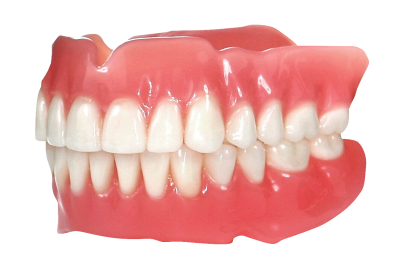

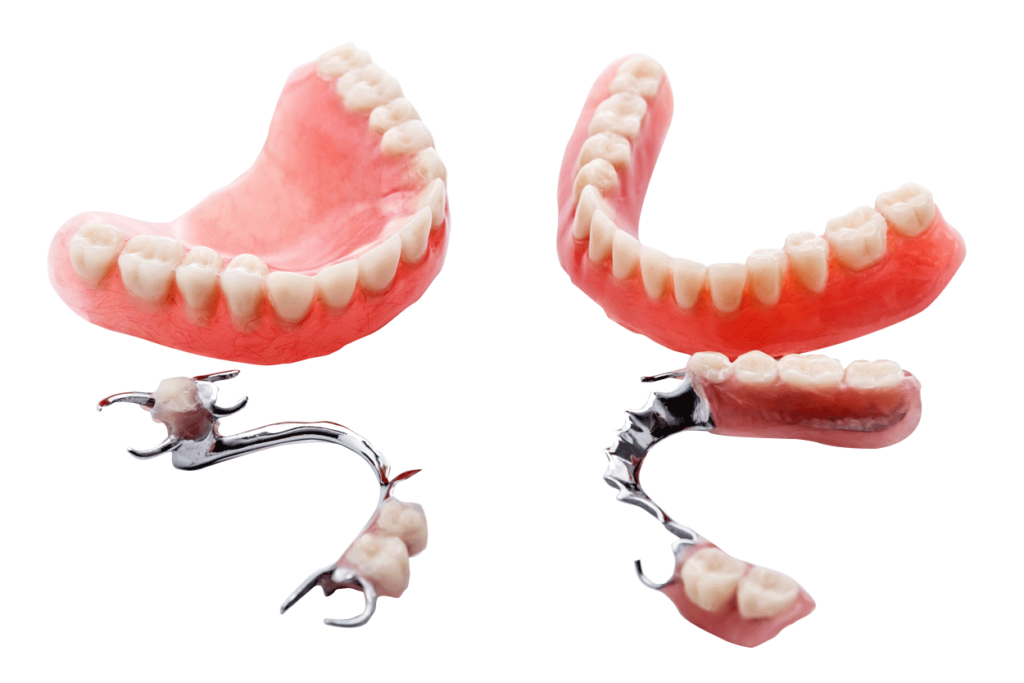


What are the different types of Dentures?
We offer two types of dentures:
• Complete dentures: This type of dentures is for casees that require a full set of replacement teeth.
• Partial dentures: This type of dentures is for cases that only require one or a couple of teeth to be replaced. We always try to retain as many of your natural teeth as possible however, if circumstances require it, we will propose a complete set of dentures.



Who needs dentures?
There are many ways to lose teeth including gum disease, tooth decay, accident, injury, tooth erosion and old age. If you are missing a tooth or more, dentures can restore the appearance and function of your teeth.
The team here at Angle House can create natural-looking and comfortable dentures, custom-made for you. Book your first consultation for a full assessment and our expert advice on the best treatment for your case.









How do I take good care of my dentures?
It is important that you look after your dentures because the better care you take of them, the longer they will last.
Dentures are removable which means they are easy to keep clean. We recommend brushing your dentures daily to reduce plaque build-up and to keep them looking clean. Wash them under cold or tepid water, but not too hot as the heat will cause them to change shape.
Also because dentures are removable, they are easy to drop and lose. Always take your dentures out while standing over a hand basin and put them in a safe place at night time.



If you would like to talk to us about dentures, book your initial consultation now.
Dental Crowns
What are Dental Crowns?
A crown (or onlay) is a cap fitted over a weak or damaged tooth. This allows you to keep your natural tooth so that it won’t need to be extracted.
Crowns are custom-made to suit the size and shape of the tooth it is being placed over. To ensure we get the right fit for your crown, we will first take an impression of your teeth. Our orthodontic scanners enable us to achieve incredibly accurate impressions. An exact match is then produced at the dental laboratory, ensuring we can fit the new crown securely onto your tooth.
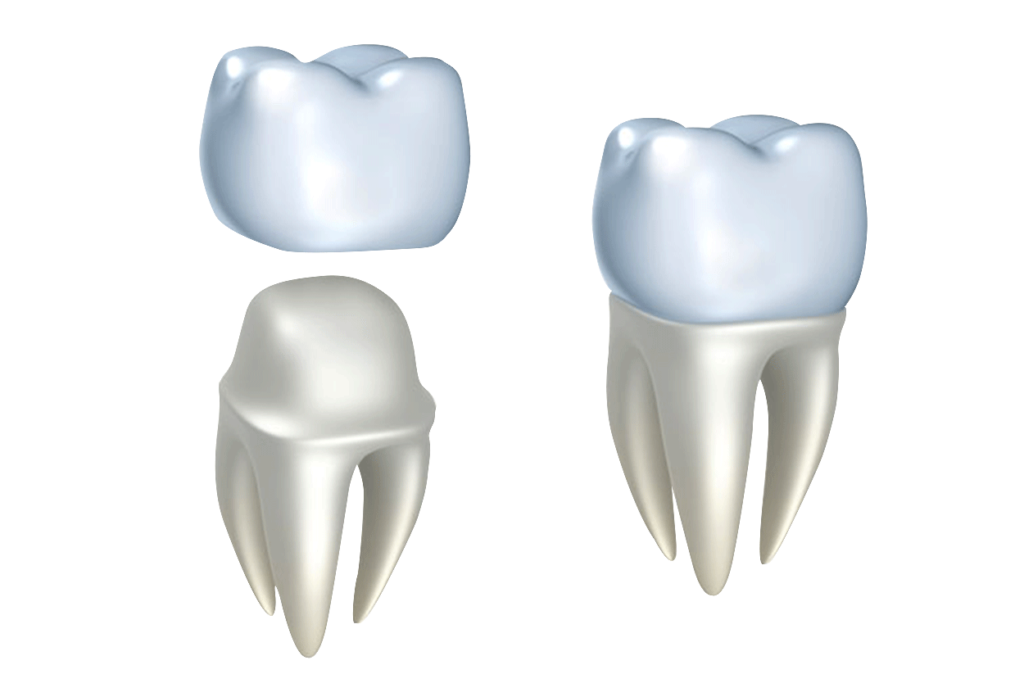

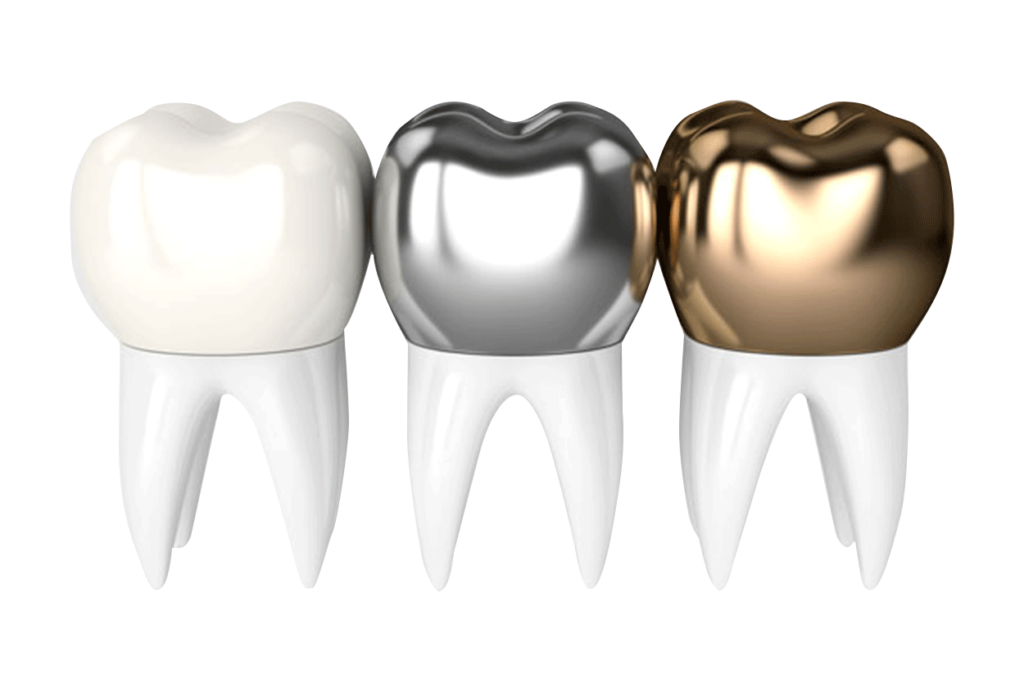

What do Dental Crowns look like?
Dental crowns are often made from tooth-coloured materials like porcelain or composites, but sometimes gold alloy is also used.
Tooth-coloured materials are becoming increasingly popular due to their natural-look, however, gold crowns are very durable; we therefore might recommend gold in cases where the biting forces are particularly strong.
Benefits of Dental Crowns?
There are several benefits to dental crowns including:
• They can mend weak or broken teeth, improving the overall condition of your teeth and ensuring many more years of meals, conversations and smiles.
• With porcelain or composite crowns, they can improve the appearance of your smile with a very natural-look, which will have the added benefit of boosting your self-confidence.
• We offer affordable payment plans to allow more patients access to our treatments.
If you would like to find out more about dental crowns, book your first consultation today. We will be happy to advise you on whether this restorative treatment could help you and explain the process in more detail.






If you would like to talk to us about dental crowns, book your initial consultation now.


What if I have more questions?
If you have any more questions before booking, make sure to read our FAQs first. Just tap the button below.







